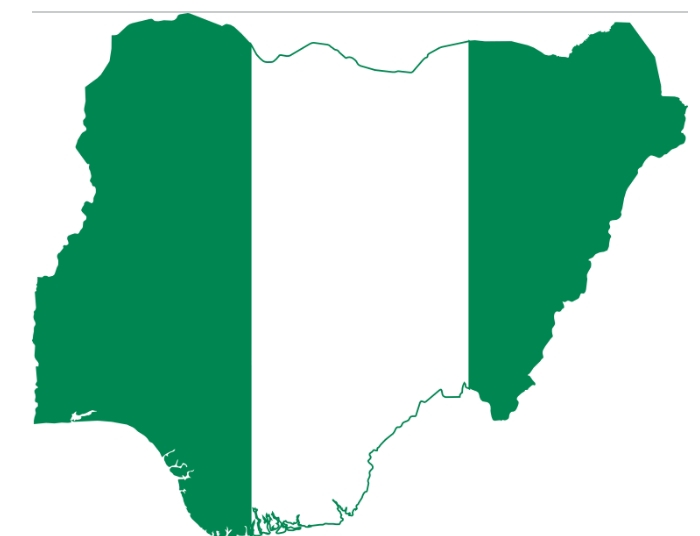How to start exporting Agricultural products from Nigeria to other countries
Introduction:
Agriculture is a vital sector in Nigeria, providing employment for a large portion of the population and contributing significantly to the country’s economy. Exporting agricultural products has the potential to further boost the economy and provide new opportunities for farmers and agribusinesses. However, exporting can be a complex and challenging process. This guide will provide an in-depth overview of the steps and requirements for exporting agricultural products from Nigeria in 2023. It will also offer practical tips and insights to help navigate the export process and increase the chances of success.
Identifying the Right Products and Markets
Research potential markets and identify the most promising opportunities for your products. Some of the most popular markets for Nigerian agricultural products include Europe, Asia, and Africa. Analyze the demand for your products in the target market and the competition you’ll face. Look for niche products or markets that you can specialize in. Identify the specific needs and requirements of the target market, such as certifications and packaging standards. Keep in mind that some agricultural products may be restricted from export due to domestic food security concerns or other reasons, so it is important to check with relevant authorities for any restrictions.
Obtaining the Necessary Licenses and Certifications
Obtain the necessary licenses and certifications from the Nigerian government, including the Nigerian Export Promotion Council (NEPC) and the National Agency for Food and Drug Administration and Control (NAFDAC). Arrange for the inspection and certification of your products by the relevant authorities, such as the Standards Organization of Nigeria (SON). These certifications will be required by the importer countries as they will attest to the quality of your products. Make sure to keep track of expiration dates for licenses and certifications, and renew them well in advance to avoid delays in the export process.
READ ALSO: All you need to know about TSA Precheck
Finding Buyers and Establishing Export Contracts
Once you have identified potential markets and obtained the necessary licenses and certifications, the next step is to find buyers and establish export contracts. Attend trade fairs and exhibitions, both in Nigeria and in the target market, to meet potential buyers and showcase your products. Use online platforms such as Alibaba and Tradekey to connect with buyers and negotiate export contracts. Have a clear and detailed export contract that outlines the terms and conditions of the sale, including the price, payment terms, and delivery schedule. Make sure to comply with relevant regulations such as Incoterms, which govern the responsibilities of the exporter and importer in international trade.
Logistics and Shipping
Once export contracts are in place, it is important to arrange for the logistics and shipping of the products. Find a reliable freight forwarder to handle the transportation of the products from Nigeria to the target market. Check with relevant authorities and shipping companies for any restrictions or requirements related to the export of agricultural products, such as quarantine regulations and pheasantry certificates. Make sure to coordinate with the freight forwarder and buyers to ensure that the products are delivered on time and in good condition.
Challenges and Considerations
- Exporting agricultural products can be costly and time-consuming and requires significant investment in logistics and marketing.
- The process of obtaining licenses and certifications can be complex and bureaucratic.
- The quality and consistency of agricultural products can be affected by factors such as weather and pests, which can affect their exportability.
- Strong competition from other countries, particularly in developed markets, can make it difficult to find buyers and command high prices for your products.
- Exchange rate fluctuations and tariffs can also affect the profitability of exporting agricultural products.
- It’s also essential to keep in mind that cultural, legal, and regulatory differences can vary greatly between countries, and it’s important to be aware of these differences to avoid any issues.
Financing and Funding
Securing the necessary funding and logistics for exporting, such as freight forwarders and customs clearance, is crucial for the success of exporting agricultural products. Consider applying for export financing from banks and other financial institutions to help cover the costs of exporting. Look for government funding and grants for exporting, such as those offered by the Nigerian Export Promotion Council (NEPC) and the Central Bank of Nigeria (CBN). Develop a detailed budget and financial plan to manage costs and ensure profitability.
Building a Strong Export Team
Building a strong team is crucial for the success of exporting agricultural products. Hire employees with experience in exporting, logistics, and marketing to help navigate the export process. Develop a strong network of suppliers, logistics providers, and other partners to support your export efforts. Make sure to have a clear line of communication within the team and with partners to ensure that everyone is on the same page and able to work towards a common goal.
Marketing and Promotion
- Develop a marketing and promotion strategy to promote your products in the target market.
- Create a strong online presence through a website and social media channels to reach potential buyers and showcase your products.
- Attend trade fairs and exhibitions to showcase your products and meet potential buyers.
- Develop promotional materials such as brochures and product catalogs to provide detailed information about your products.
- Leverage your existing customer base and network to generate word-of-mouth promotions and referrals.
Conclusion:
Exporting agricultural products from Nigeria is a complex and challenging process, but with the right approach and strategies, it can be a highly rewarding endeavor. By identifying the right products and markets, obtaining the necessary licenses and certifications, finding buyers and establishing export contracts, arranging for logistics and shipping, and building a strong export team, Nigerian farmers and agribusinesses can increase their chances of success in exporting agricultural products in 2023. It’s important to be prepared to adapt to changing market conditions, be aware of challenges and considerations, and have the proper funding and financial planning to support the export journey. This guide provides in-depth information and practical advice to help navigate the export process and increase the chances of success.
How to start exporting Agricultural products from Nigeria to other countries






